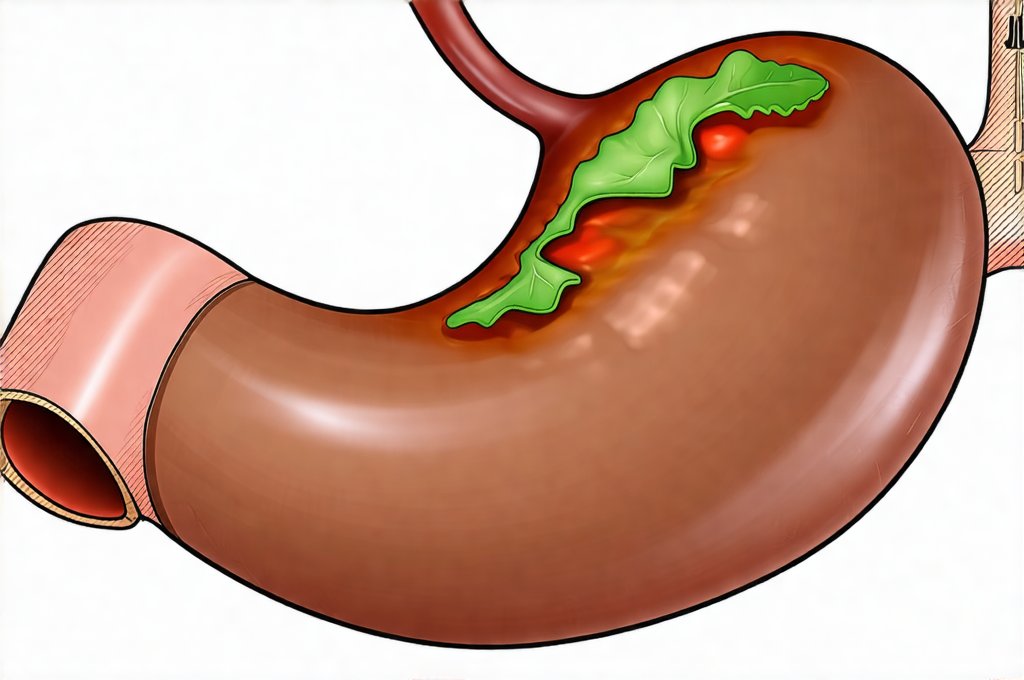The modern work landscape often demands periods of intense focus and prolonged effort – high-output weeks where deadlines loom large and sustained energy is paramount. While ambition and productivity are celebrated, these bursts of activity can place significant stress on our bodies, and one frequently overlooked casualty is the digestive system. Many individuals experiencing demanding work schedules find themselves grappling with unexpected gastrointestinal issues, ranging from subtle discomfort to more debilitating symptoms. This isn’t merely a matter of inconvenience; it’s a signal that the intricate process of digestion is being compromised under pressure, potentially impacting overall health and long-term well-being.
Understanding how our digestive system responds – or fails to respond – during these periods is crucial for maintaining both performance and vitality. The gut isn’t isolated from the rest of the body; it’s intimately connected to stress responses, immune function, and even cognitive ability. Ignoring digestive distress during high-output work weeks can lead to a vicious cycle: compromised digestion leads to reduced nutrient absorption, impacting energy levels and increasing susceptibility to illness, which in turn hinders performance and exacerbates stress, further disrupting the digestive process. This article will explore the specific challenges faced by the digestive system during intense work periods and offer strategies for mitigating these effects, promoting resilience, and fostering a healthier relationship with both work and well-being.
The Stress-Digestion Connection
The human body is designed to operate optimally under relatively stable conditions. However, prolonged stress – even the “good” kind associated with challenging work – triggers a cascade of physiological changes geared towards survival. This is where the “fight or flight” response comes into play, orchestrated by the sympathetic nervous system. When activated, blood flow is diverted away from non-essential functions like digestion and towards muscles and vital organs needed for immediate action. This redirection significantly slows down digestive processes: peristalsis (the wave-like muscle contractions that move food through the gut) becomes less efficient, enzyme production decreases, and stomach acid secretion can be altered.
Chronic stress isn’t just about acute bursts of adrenaline; it’s a sustained state of physiological arousal. This prolonged activation of the sympathetic nervous system disrupts the delicate balance between “fight or flight” and “rest and digest” – the latter being governed by the parasympathetic nervous system, which is responsible for promoting relaxation and facilitating digestion. When the parasympathetic nervous system is suppressed due to chronic stress, digestive function remains compromised, leading to a range of issues like bloating, constipation, diarrhea, heartburn, and even increased intestinal permeability (often referred to as “leaky gut”). The brain-gut axis – the bidirectional communication pathway between the brain and the digestive system – becomes significantly distorted during these periods.
Furthermore, stress often leads to changes in dietary habits. People under pressure may skip meals, rely on quick, convenient (and often less nutritious) foods, or indulge in comfort food that provides temporary relief but lacks essential nutrients. These behaviors further exacerbate digestive issues and contribute to a cycle of poor gut health. It’s not simply the amount of stress, but also its nature and individual coping mechanisms that determine the impact on digestion. Some individuals are more resilient than others, but even those with strong constitutions can experience significant disruption during periods of intense work demand. If you suspect deeper issues are at play, consider when digestive issues need further investigation.
Nutrient Absorption & Energy Levels
Digestion isn’t just about breaking down food; it’s about extracting the nutrients our bodies need to function optimally. When digestive processes are impaired, nutrient absorption is significantly reduced. This has a direct impact on energy levels, cognitive function, and overall performance. Imagine trying to run a high-performance engine with low-grade fuel – that’s essentially what happens when your body isn’t receiving the nutrients it needs. Essential vitamins and minerals, such as B vitamins (crucial for energy production), magnesium (involved in muscle function and stress regulation), and vitamin D (important for immune function and mood), are often poorly absorbed during periods of high stress and compromised digestion.
The consequences of nutrient deficiencies extend beyond simple fatigue. They can manifest as decreased concentration, impaired decision-making abilities, increased irritability, and a weakened immune system – all factors that directly undermine productivity and well-being. Moreover, poor nutrient absorption can disrupt the gut microbiome – the trillions of bacteria that live in our digestive tract and play a vital role in health. A disrupted microbiome further impairs digestion, weakens immunity, and even influences mood and behavior. This creates a feedback loop where compromised digestion leads to reduced nutrient absorption, impacting energy levels and overall performance, which then increases stress and perpetuates the cycle. Understanding checkpoints to watch during symptom progression can be helpful.
Hydration & Digestive Function
Often overlooked during busy work weeks is adequate hydration. Many people prioritize coffee or other caffeinated beverages for sustained energy, but these can actually contribute to dehydration. Water is essential for nearly every bodily function, including digestion. It helps soften stool, facilitating its passage through the digestive tract and preventing constipation. Dehydration also reduces stomach acid production, hindering food breakdown and nutrient absorption. Without sufficient water intake, the colon pulls more water from the stool, making it harder and more difficult to eliminate.
Maintaining proper hydration isn’t merely about drinking enough fluids; it’s also about what you drink. Sugary drinks can disrupt gut health and exacerbate inflammation, while excessive caffeine can stimulate bowel movements leading to discomfort or even diarrhea. Aim for consistently sipping water throughout the day rather than chugging large amounts at once. Consider incorporating hydrating foods into your diet – fruits and vegetables like watermelon, cucumbers, and celery are excellent choices. Electrolyte imbalances caused by dehydration can also contribute to fatigue and muscle cramps, further hindering performance. Digestive habits that help are beneficial even in non-travel situations.
Mindful Eating Practices
In the midst of demanding work schedules, eating often becomes an afterthought – rushed, distracted, and devoid of mindful awareness. We tend to eat at our desks while working, or grab whatever is convenient without paying attention to what or how we’re consuming. This approach severely compromises digestion. Mindful eating involves slowing down, savoring each bite, and focusing on the sensory experience of food – its texture, aroma, and flavor. Chewing thoroughly breaks down food into smaller particles, making it easier for the digestive system to process.
Here are some steps to incorporate mindful eating practices:
- Set aside dedicated meal times, free from distractions.
- Turn off electronic devices during meals.
- Chew your food slowly and thoroughly.
- Pay attention to hunger and fullness cues.
- Focus on the sensory experience of food.
Taking even a few minutes to practice mindful eating can dramatically improve digestion, reduce bloating, and enhance nutrient absorption. It also allows you to become more attuned to your body’s signals, helping you make healthier food choices and avoid overeating. Additionally, practicing gratitude for your food can foster a more positive relationship with nourishment, reducing stress and promoting overall well-being. It’s about recognizing that food isn’t just fuel; it’s an essential component of self-care. If gas is a persistent issue, explore herbal remedies for relief. For concerns about parasites, consider detecting parasites. Lastly, if you are frequently on the move, digestive tests that work can be invaluable.


















